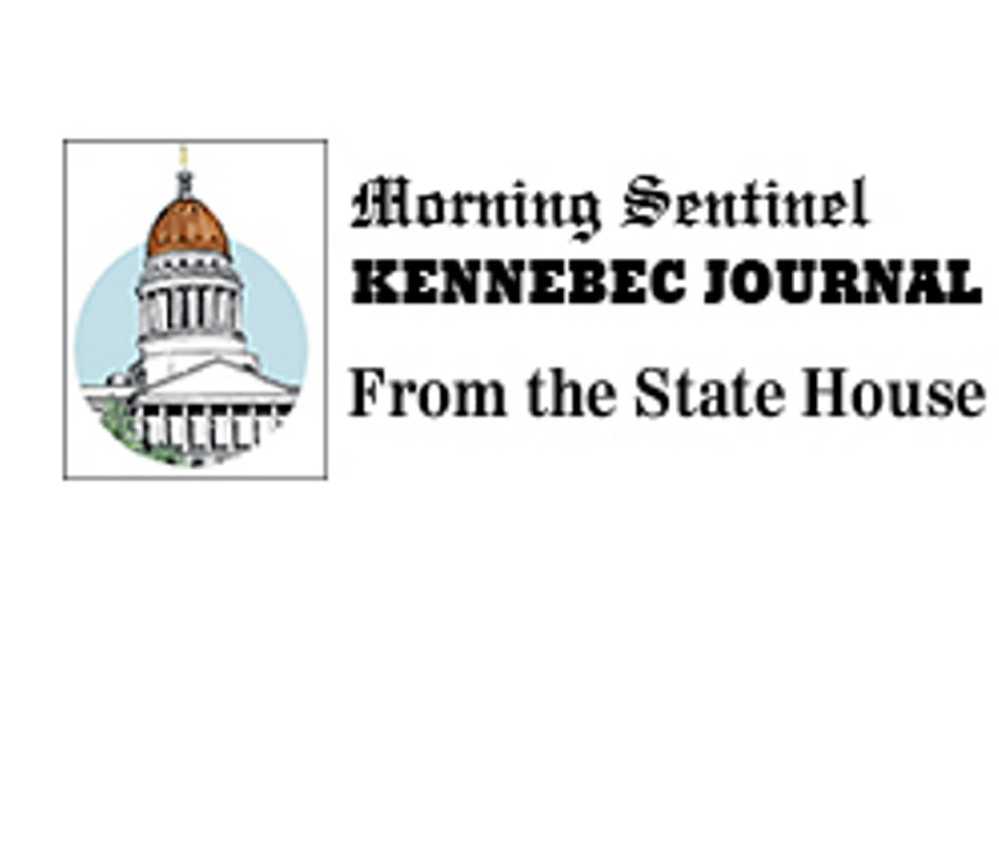On Nov. 3, Mainers will vote on three statewide referendum questions. One of these questions will have a direct impact on our roads, bridges and other modes of transportation that the working people and businesses of our state rely on every day.
Question 3 asks whether voters favor an $85 million bond issue for construction and maintenance of highways and roads, bridges and multimodal facilities such as ports, harbors, freight and passenger rail, aviation, transit and bicycle and pedestrian trails. A yes vote approves the bond issue.
As House chair of the Legislature’s Transportation Committee, I worked closely with my colleagues on this bond issue, as well as a range of other transportation funding measures. States across the country are facing challenges when it comes to maintaining our infrastructure, not just Maine.
But we do have some unique challenges. Maine has a relatively small population spread over a large state. In fact, we have roughly twice as many miles of roads and bridges to take care of as New Hampshire, which has a population similar to ours.
Lawmakers voted overwhelmingly in favor of issuing the $85 million in bonds for these transportation needs before sending the proposal to Maine voters for final approval, as required by the Maine Constitution.
The bonds gained strong bipartisan support in both the House and Senate because of the funding’s importance to our state’s future. Maine people deserve safer roads and a stronger economy, both of which will take adequate investment in our transportation system.
If approved, $68 million of these funds will be used to construct and repair state highways, repair secondary roads in partnership with local communities and replace or rehabilitate bridges. The remaining $17 million would be dedicated to a variety of other projects with the priority of identifying and targeting those that most improve public safety and support economic growth.
The $85 million investment will be used to leverage an additional estimated $121.5 million in federal and other funds. That means more than $200 million overall of improvements to our roads, bridges and other crucial projects.
If you drive on our state’s roads, you don’t need me to tell you the condition our infrastructure is in. Years of chronic underfunding have left our transportation system in rough shape. In the Portland area, 61 percent of major urban roads are in poor or mediocre condition.
According to the Maine Department of Transportation’s three-year work plan, current funding falls short of the investment needed to keep up with basic maintenance of our existing road and bridge network by roughly $119 million annually.
It’s a problem that affects Mainers every day. According to the state section of the American Society of Engineers, Maine motorists spend an extra $300 each year to maintain their vehicles because of the condition of our roads. Added vehicle maintenance costs are a burden on commuters and businesses alike.
Beyond these unnecessary costs, the aging and inadequate condition of our infrastructure has consequences for our economy. Think of our vibrant agricultural sector and farmers’ need to get their products — whether a truckload of potatoes, coolers of lamb chops from a small family farm or bushels of blueberries — to market efficiently.
Our world-famous lobsters, clams, oysters and other seafood need to reach their final destination in the freshest condition possible. Eighteen-wheelers loaded with logs have to travel for miles to deliver their cargo. The reliability of Maine’s roads matters to workers, about three-fourths of whom commute alone. Our state’s large size and rural nature mean Mainers often travel long distances to their workplaces.
Tourists rely on our roads and highways when they come to Maine, whether they’re leaf-peeping, going to the beach or heading into the mountains to ski or hike. The Maine Tourism Association has pointed out the importance of our transportation system to its industry, one of our largest economic sectors.
It says the condition of our roads plays a role in attracting the visitors who stay at our hotels, dine in our restaurants and patronize our shops and a wide range of other businesses. To keep them coming, we need to take care of our transportation infrastructure.
To learn more about Question 3 and the other referendum questions, visit the Maine Secretary of State’s website. And vote on Nov. 3.
Rep. Andrew McLean, D-Gorham, is serving his second term in the Maine Legislature. He is chairman of the Transportation Committee.
Send questions/comments to the editors.



Success. Please wait for the page to reload. If the page does not reload within 5 seconds, please refresh the page.
Enter your email and password to access comments.
Hi, to comment on stories you must . This profile is in addition to your subscription and website login.
Already have a commenting profile? .
Invalid username/password.
Please check your email to confirm and complete your registration.
Only subscribers are eligible to post comments. Please subscribe or login first for digital access. Here’s why.
Use the form below to reset your password. When you've submitted your account email, we will send an email with a reset code.